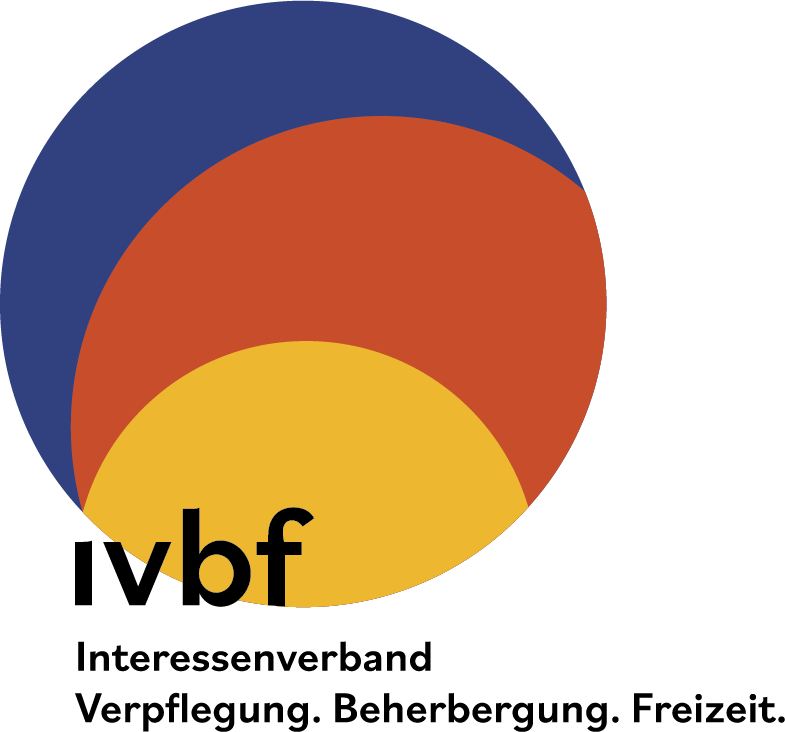
“The pictures? I just got them off the Internet.”
The copyright around your menu and flyer
Not only your website, but also your menus or flyers can hold potential trouble. Imagine lovingly crafting a great menu with great, creative descriptions and homemade photos of your snacks and drinks that are so good, guests’ mouths water just looking at them. And then you find out that the colleague one street over also found your card so great that he copied it directly.
Of course, you can take action against infringements of your own copyrights – but it’s the same the other way around. When creating your menu, website, or flyer, it’s generally best to be the creator of the images and text. If you lack the time or the necessary creativity, there is of course the possibility to use third party images or have a professional create the descriptions of the drinks and snacks or even activities that you offer. In this case, however, you need the permission of the copyright holder or the photographer or copywriter commissioned by you must assign the rights to you. Images must be accompanied by a copyright notice, usage licenses expire; caution is advised here as well.
In most cases, a copyright warning leads to claims for damages in the four-digit range and forces you into a cease-and-desist agreement. If you have copied about 10 pictures from the competition and their lawyer contacts you, the first letter from the lawyer will already cost you over 2,000 € plus VAT. Compensation for the unauthorized use of the images. This is calculated by means of the so-called “license analogy”. One imagines that you would have paid the author a reasonable royalty for the duration of the use. For this purpose, there is the MFM table, which courts use as a guide. It depends on whether the images were used analog or on the Internet, whether they were created by a professional or amateur photographer, whether they contained a copyright notice and, of course, the duration of use.
Whether a menu enjoys copyright protection depends on whether its content is a personal intellectual creation as defined by the German Copyright Act. § 2 II UrhG acts. Then the question arises as to the so-called “level of creation”. This means that the required quality of creation must particularly stand out from the mass of the everyday. In the case of pictures and creative descriptions of your food and beverages, this required level of creation is usually given.
If someone copies your menu without your consent, you can give them a warning, force them to stop, and collect damages. In addition, it could be an inadmissible imitation pursuant to Art. § 4 No. 9 c UWG. You are also entitled to injunctive relief and damages under this standard.
published on 25.05.2023
